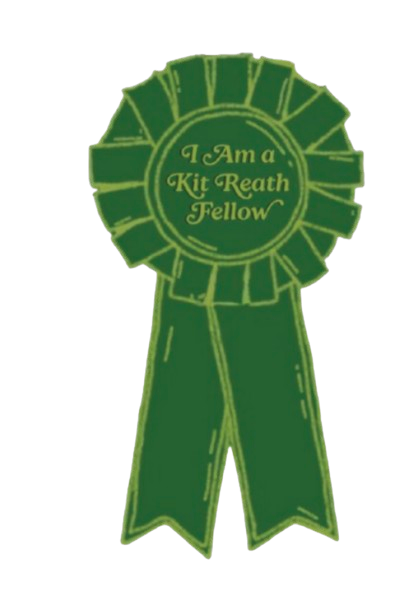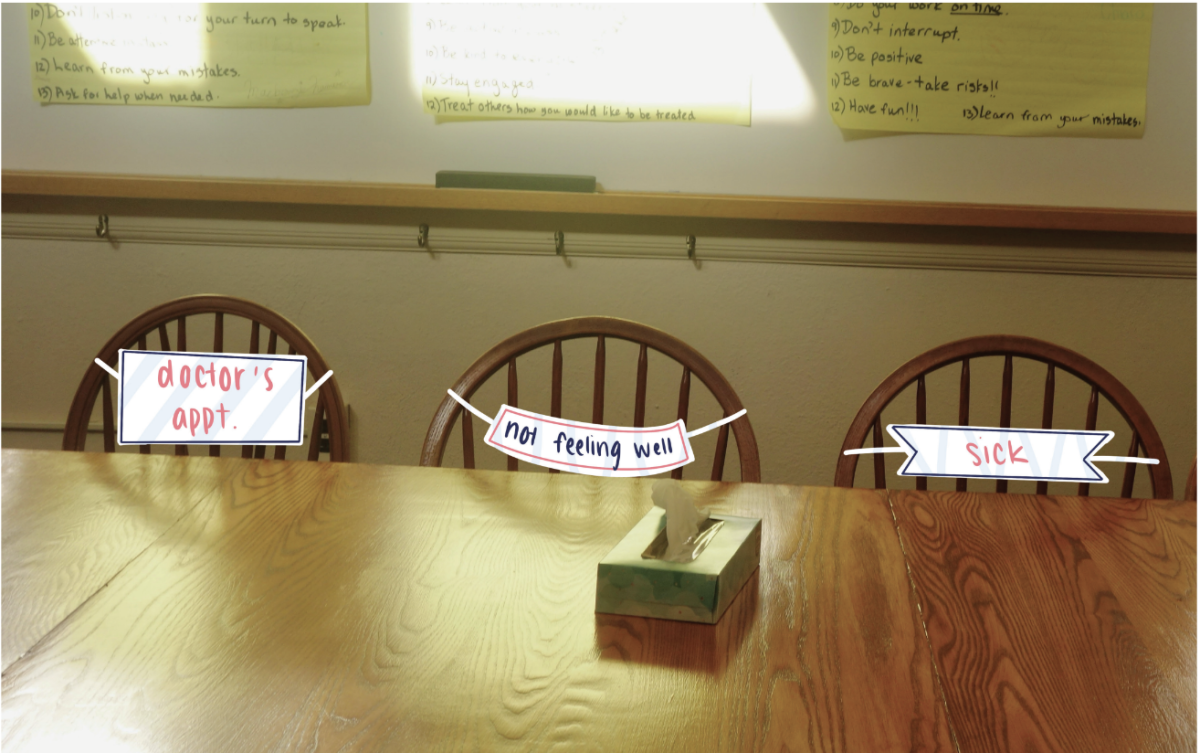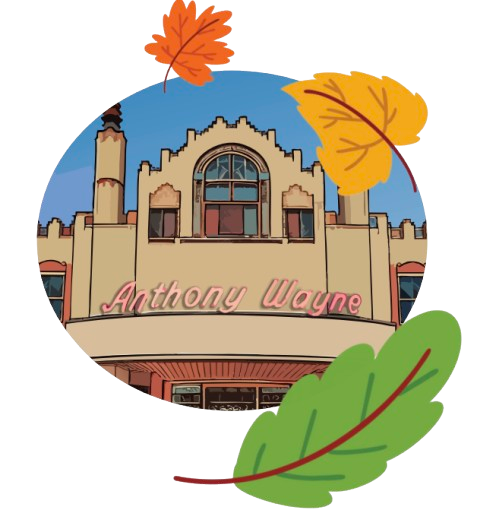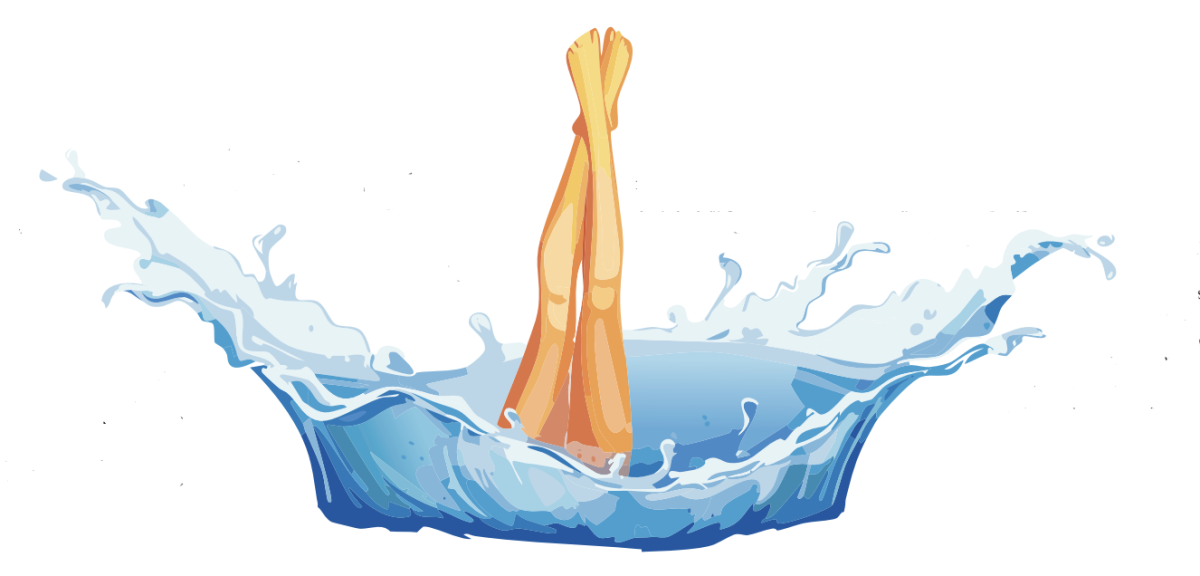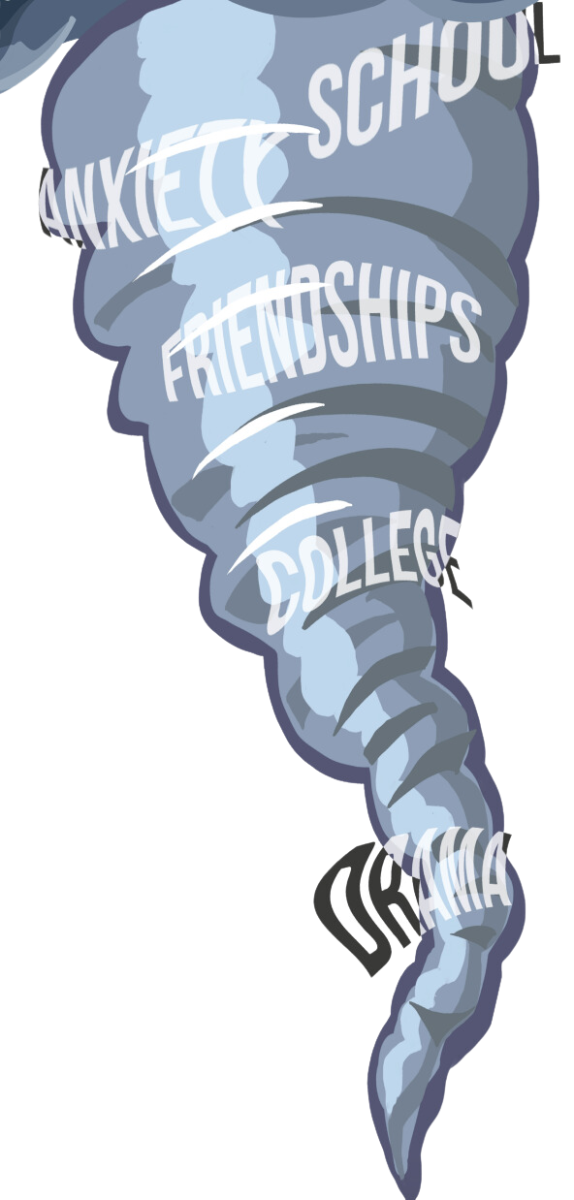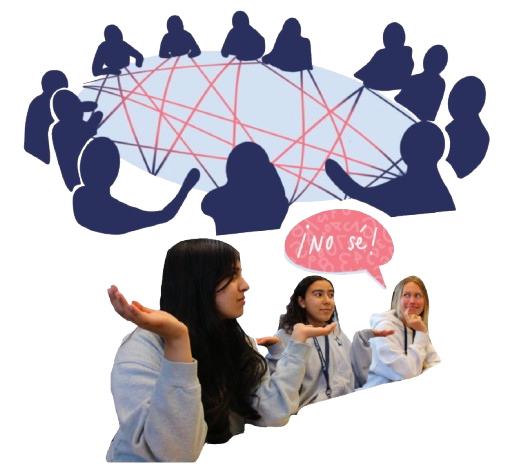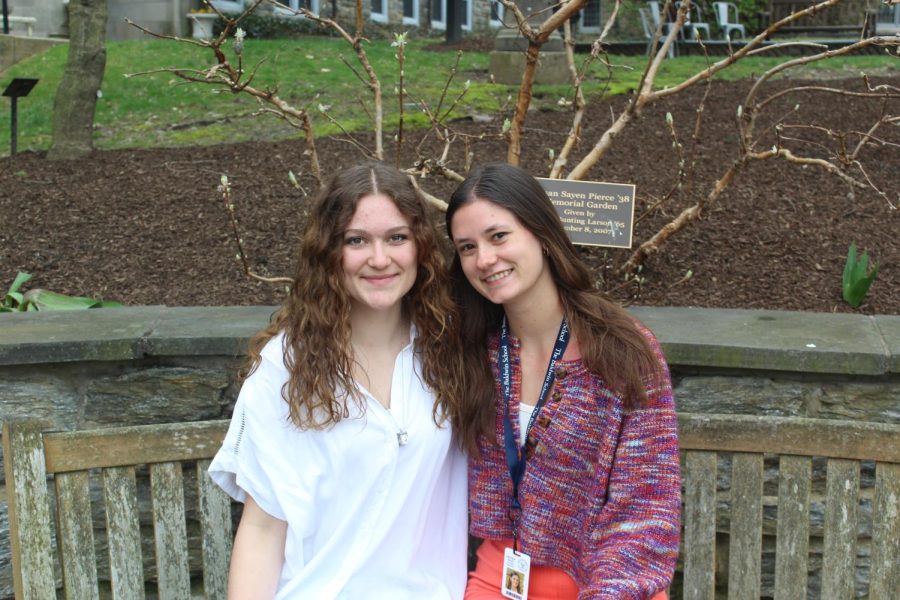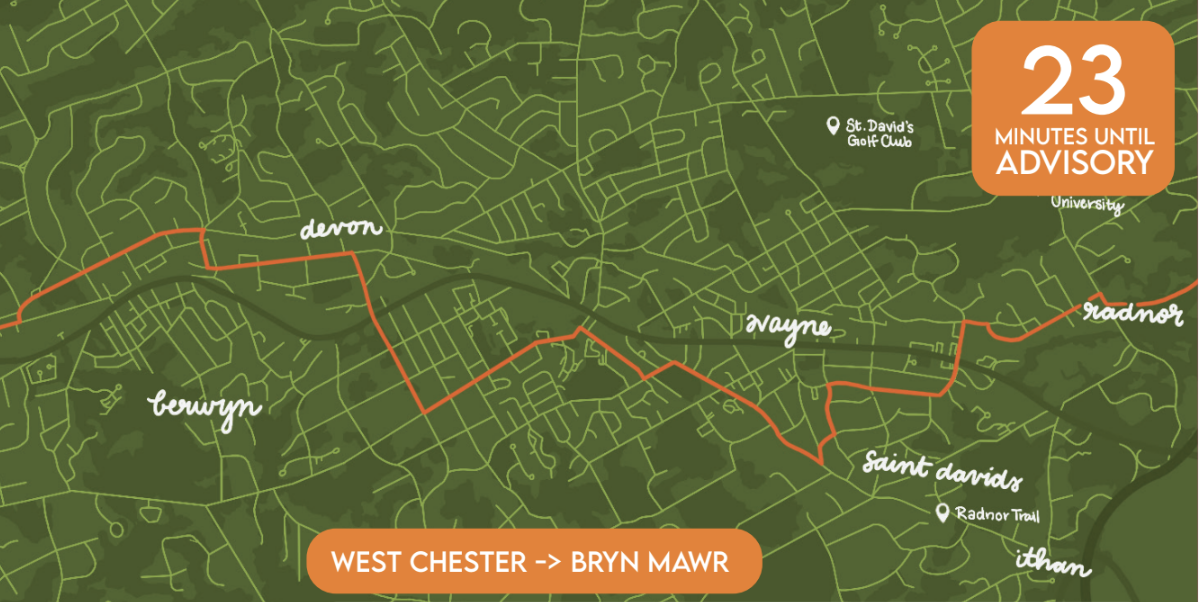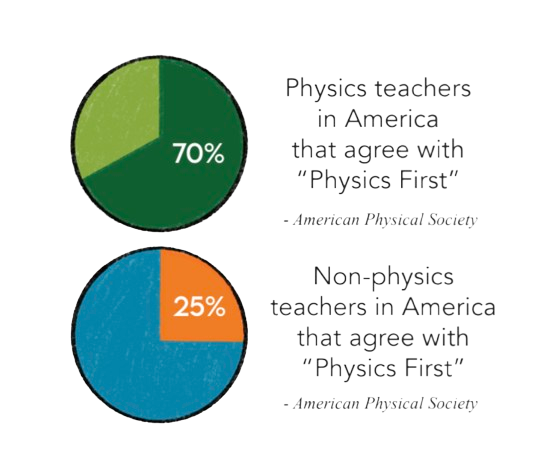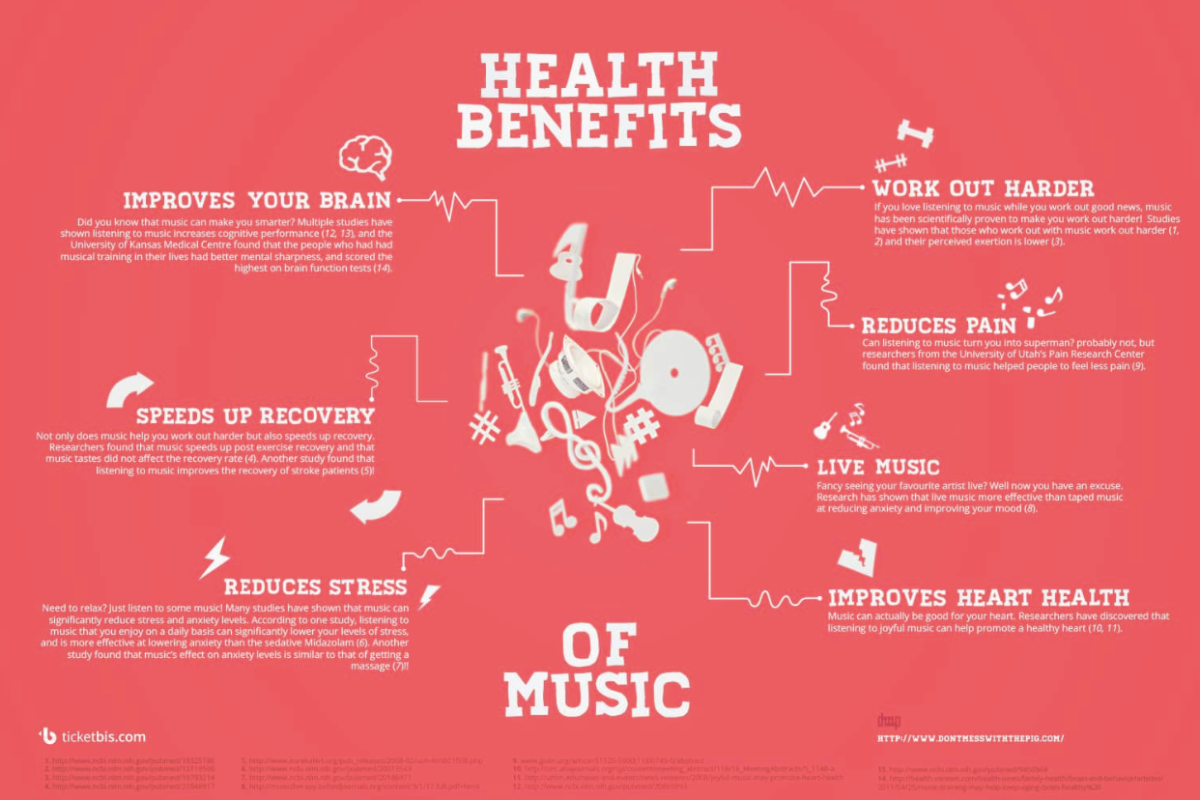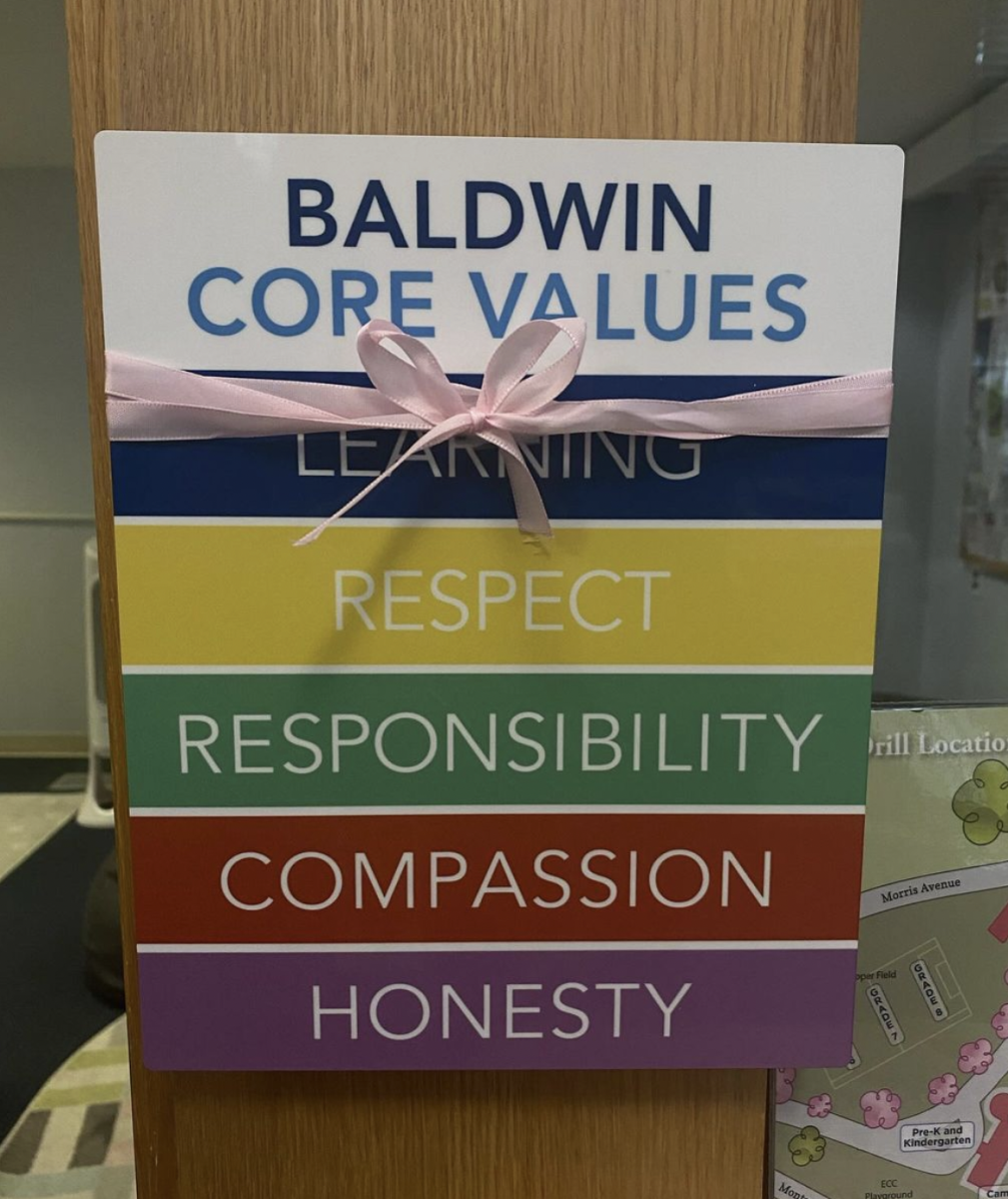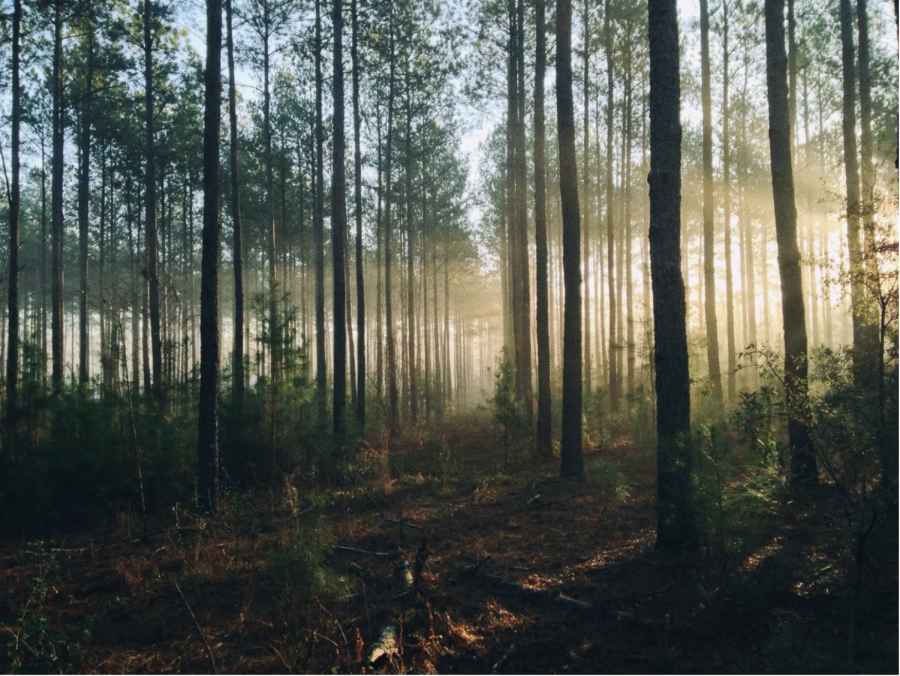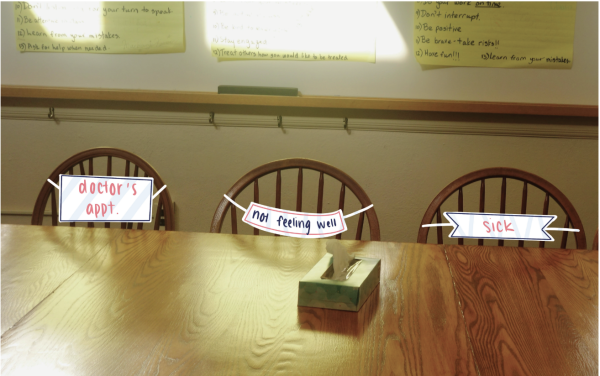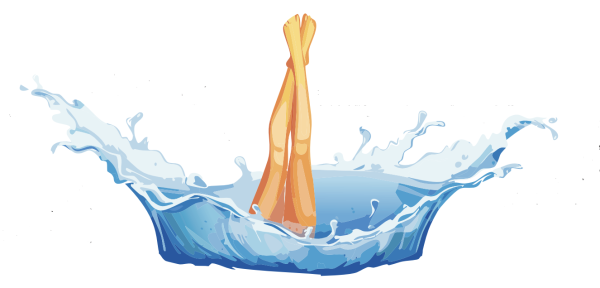The Human Need for Natural Beauty
How is nature essential to us on a personal level?
Reaching the steep slopes above the treeline, I sat down and peered at the landscape before me. I was on a mountain hike in Banff, Canada. The conifer forest below consisted of miniature trees—fluffy marks of texture—but the woods were vast, stretching through valley after valley. I imagined the bears and moose that might be roaming around in that forest, so large but seeming so inconsequential from this height, and felt awestruck.
However, not everyone has the opportunity to become fully immersed in a wild space, and these opportunities are disappearing before our eyes. Nature is shrinking by the day. According to a 2016 paper published in Current Biology, 10% of wild spaces throughout the world were lost between the years 1993 and 2009. Even more have disappeared since then.
Jungles become palm tree plantations. Plains become farmland. Forests grow riddled with roads and invasive species. But what else are we losing in the process?
Humans seem born with a sense of connection to nature. In the journal article “Extinction of experience: the loss of human-nature interactions,” author and researcher E.O. Wilson claims that humans, having evolved around nature, seek it out because of our innate adaptations to it as an environment. Our minds are fit to the familiar cues of nature, which makes being around nature elevating and positive. This idea is also called biophilia.
These benefits have been proven through research. A 2015 study published in BioScience mentions research which shows that spending time in nature was associated with decreased anger, increased self-esteem, and increased attention span.
Beyond the empirical evidence—which almost always displays that exposure to nature is beneficial—there is plenty of anecdotal evidence that nature provides inspiration and awe. Within the context of nature, we begin to understand a bigger picture of our place in the world, and are lifted from a human-centric viewpoint. We are humbled when we remember we are related to bison, squirrels, and even ants.
Biology teacher Ms. Wilson said we see “bigger things out there [in the natural world].”
She added, “The moments when you feel connected, the connection is so strong, and you really do realize that life is precious. It’s those unexpected moments of surprise or wonder that are beautiful.”
We do not have to wander into the mountains to connect to nature. Even on a smaller scale, we can enjoy the view of a few trees shading an avenue. Seeing the woods near my house is the best part of my afternoon runs, despite the interspersed sights of a factory across the river and apartment buildings through the tree branches.
When we lose nature, we lose access to inspiration and environments that help us become happy and balanced in subtle ways. For this reason, protecting nature is essential to our welfare and preserving our connection to our roots.

